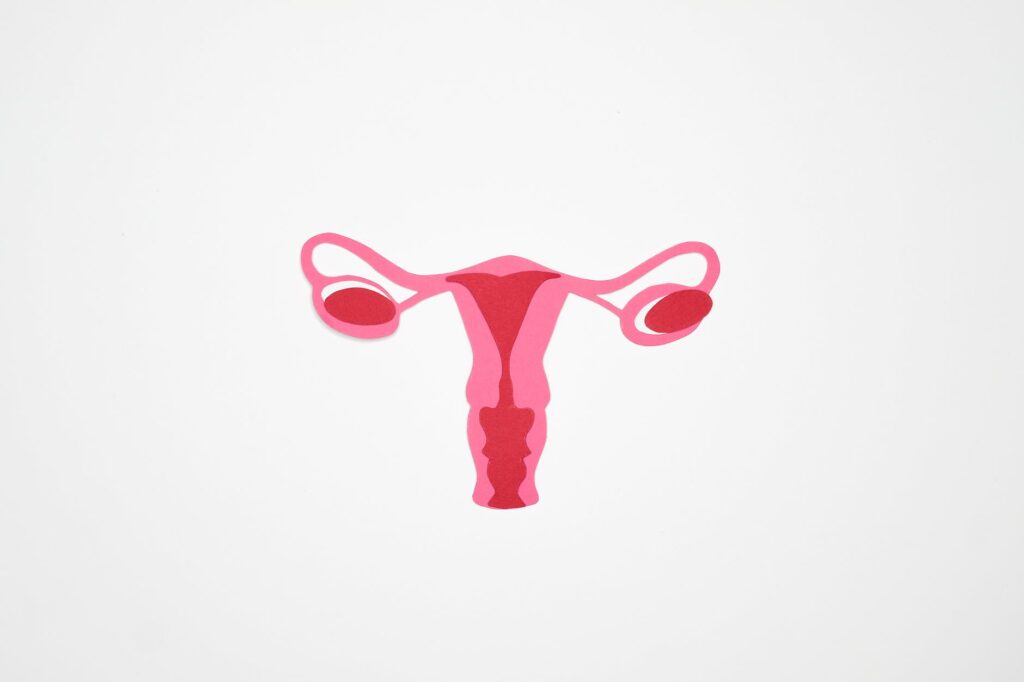
Introduction:
Reproductive health is a fundamental aspect of a woman’s well-being. Taking charge of your reproductive health empowers you to make informed decisions, prioritize your needs, and maintain a healthy and balanced life. Whether you are planning a family or simply want to ensure optimal reproductive well-being, there are key strategies that every woman should consider. In this article, Dr. Nadine Haddad will discuss essential tips for women to take charge of their reproductive health and enjoy a fulfilling and healthy life.
1. Prioritize Regular Check-ups:
Regular check-ups with your healthcare provider are crucial for maintaining optimal reproductive health. These visits allow for screenings, early detection of potential issues, and personalized guidance. Schedule routine gynecological exams, including Pap smears, breast exams, and screenings for sexually transmitted infections (STIs). By prioritizing regular check-ups, you can stay proactive about your reproductive health and address any concerns promptly.
2. Practice Safe Sex:
Practicing safe sex is vital for both your reproductive health and overall well-being. Use barrier methods such as condoms to protect against STIs and unintended pregnancies. If you are in a committed relationship and considering contraception, consult with your healthcare provider to determine the most suitable option for you. Open and honest communication with your partner about sexual health is key to maintaining a healthy and safe sexual relationship.
3. Educate Yourself on Contraception:
Understanding different contraception methods is essential for women who want to take charge of their reproductive health. Research and educate yourself about various contraceptive options, such as birth control pills, intrauterine devices (IUDs), implants, patches, or injections. Consider the effectiveness, side effects, and long-term implications of each method. Discuss your options with your healthcare provider to find the most suitable choice based on your lifestyle and future plans.
4. Track Your Menstrual Cycle:
Monitoring your menstrual cycle can provide valuable insights into your reproductive health. Keep track of your periods, including the start and end dates, flow intensity, and any accompanying symptoms. Use smartphone apps or traditional paper calendars to track your cycle. This information can help you identify irregularities or potential issues and allow you to communicate effectively with your healthcare provider if needed.
5. Prioritize Emotional Well-being:
Reproductive health encompasses not only physical but also emotional well-being. Prioritizing self-care and managing stress are essential for maintaining a healthy reproductive system. Engage in activities that promote relaxation and emotional balance, such as exercise, meditation, hobbies, or spending time with loved ones. Seek support from friends, family, or professional counselors if you experience emotional challenges related to your reproductive health.
Conclusion:
Taking charge of your reproductive health empowers you to make informed decisions, prioritize self-care, and maintain a healthy and fulfilling life. By prioritizing regular check-ups, practicing safe sex, educating yourself on contraception, tracking your menstrual cycle, and prioritizing emotional well-being, you can ensure optimal reproductive health. Remember, your reproductive health is an integral part of your overall well-being, and investing in it will positively impact various aspects of your life. Embrace these essential tips and take control of your reproductive health to enjoy a life of empowerment and vitality.